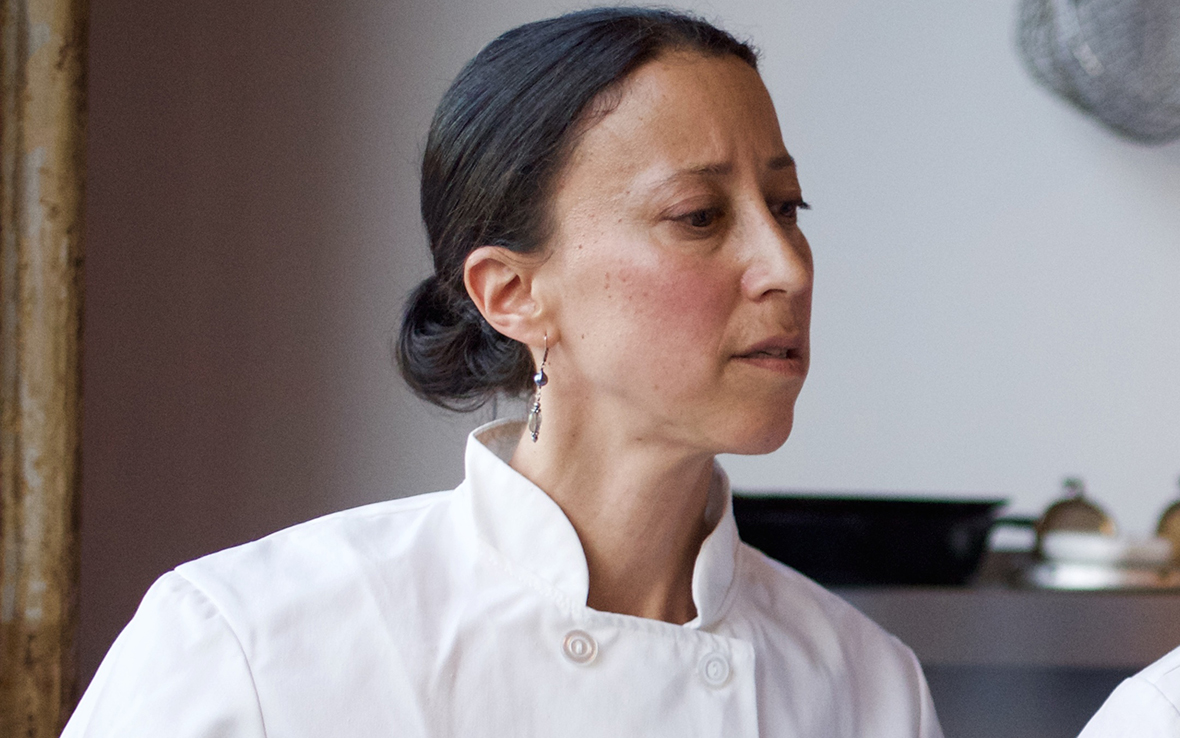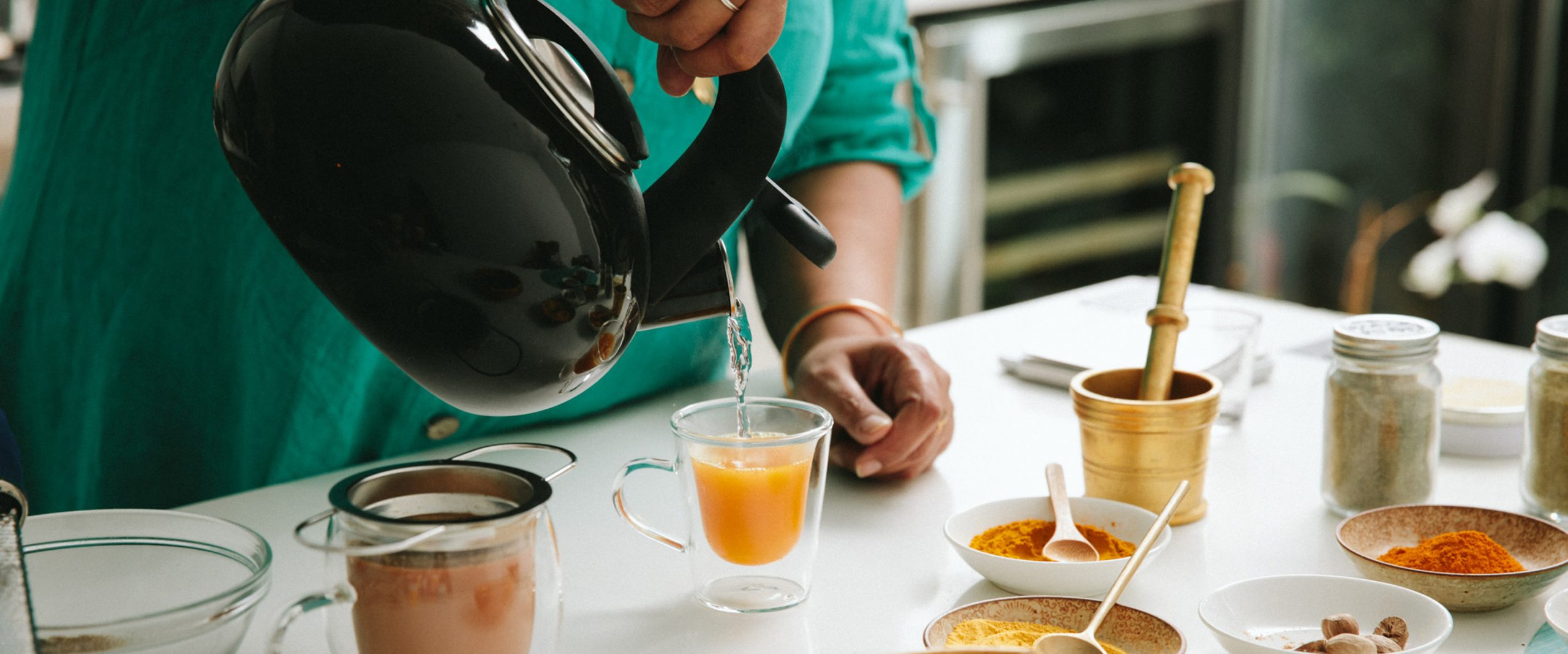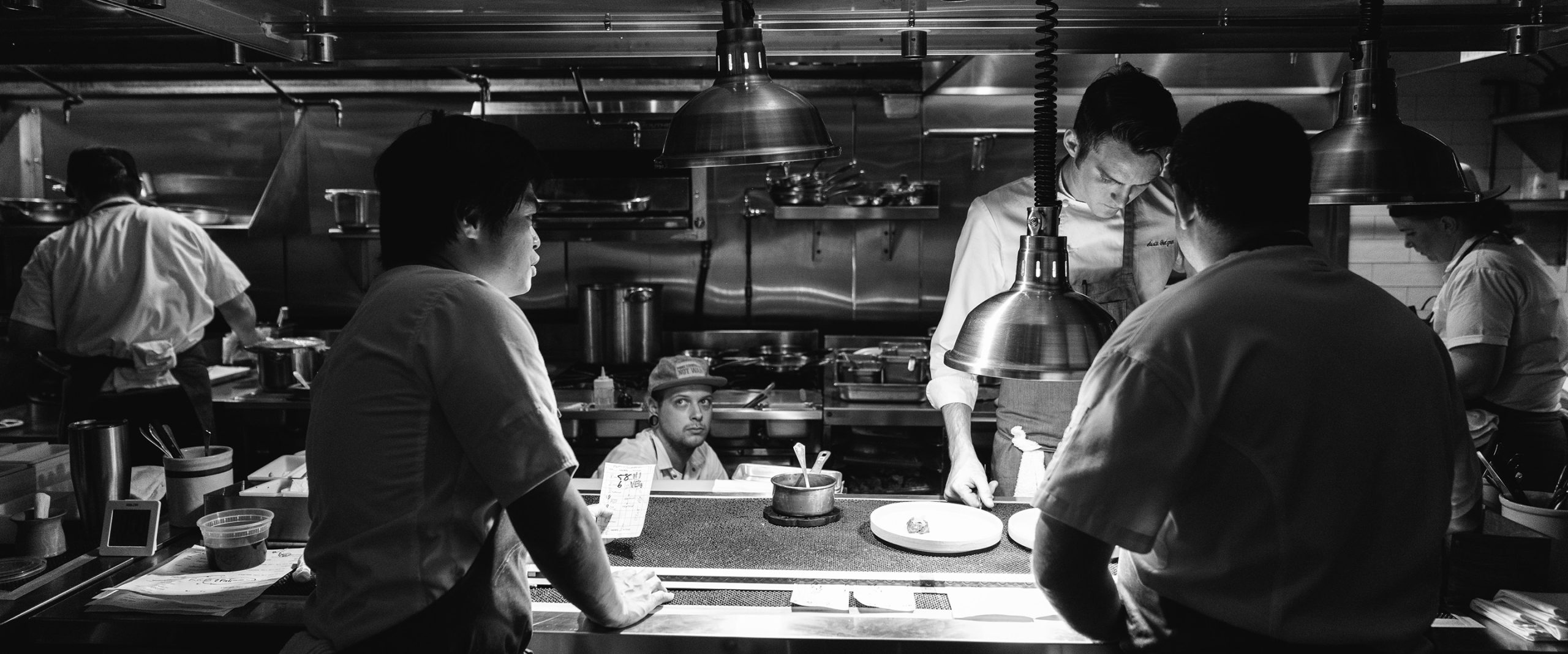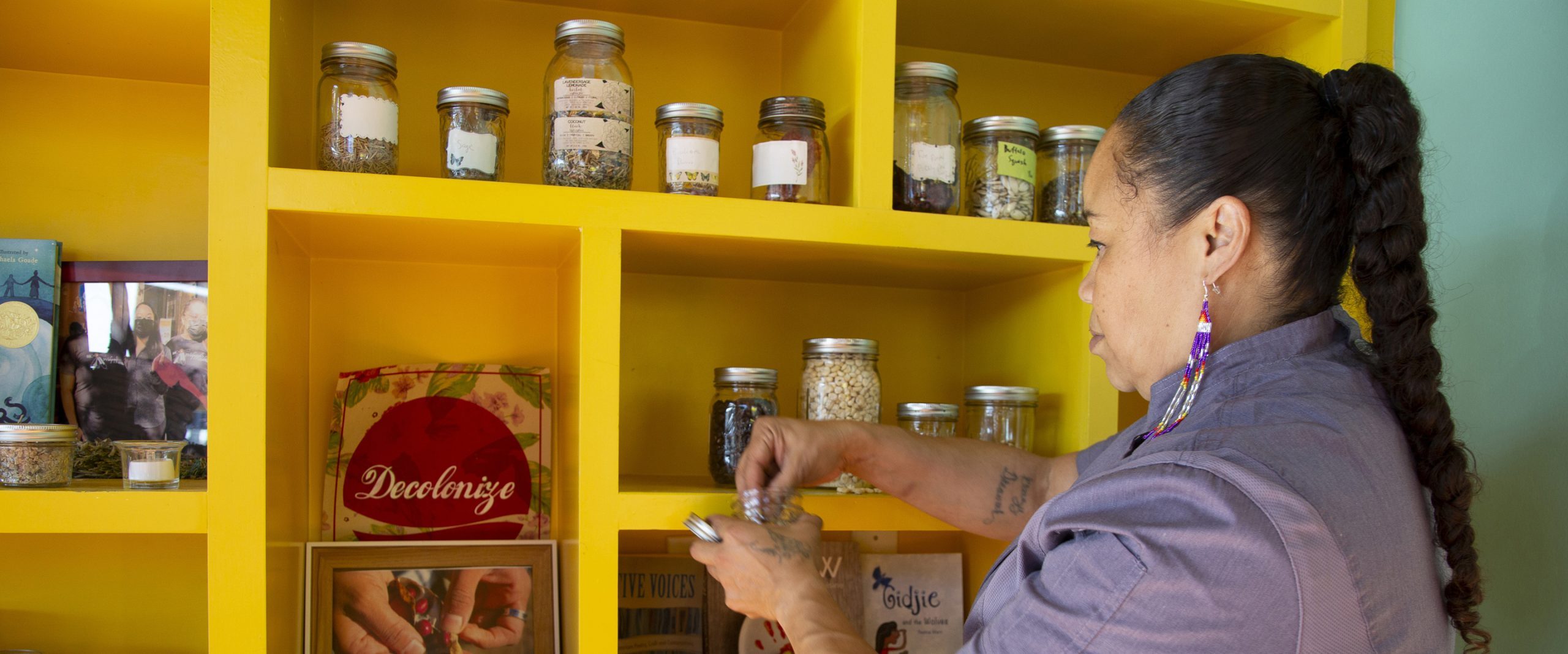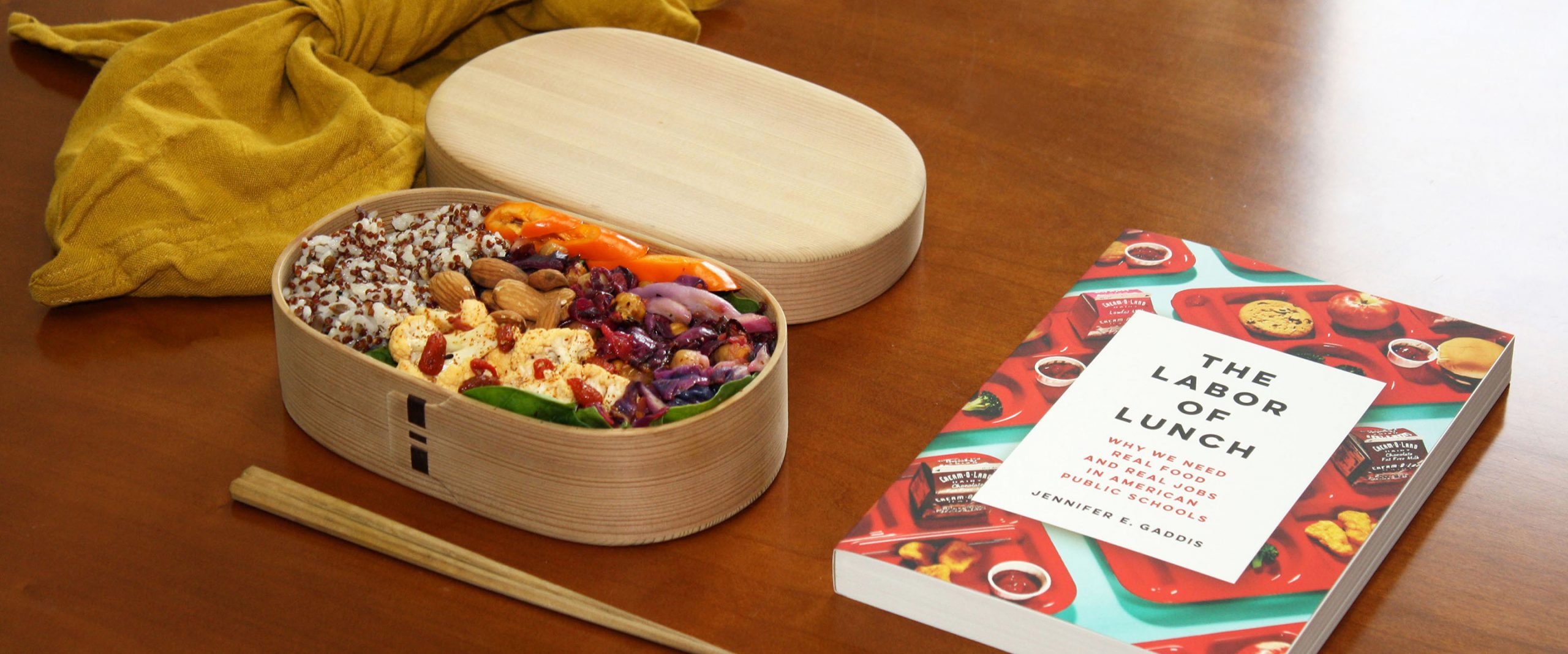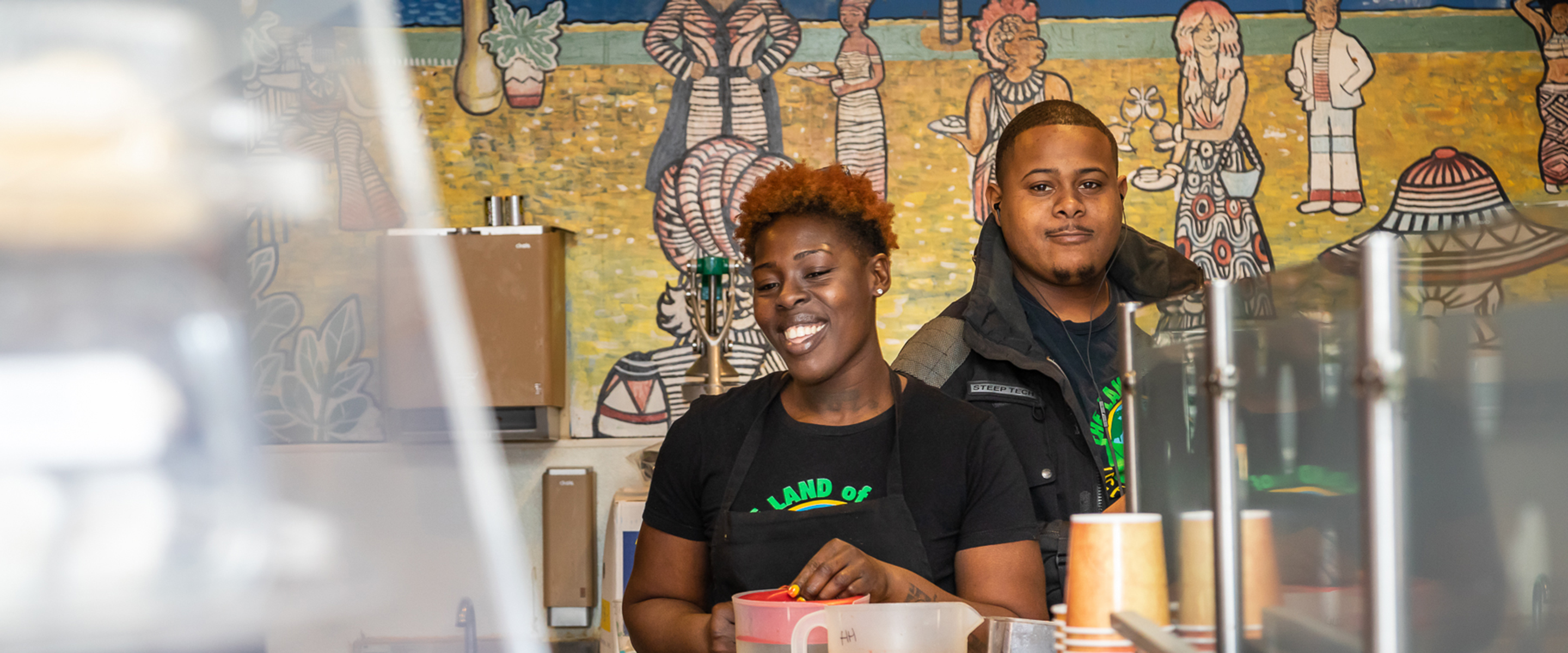The Purple Kale Kitchenworks tagline is 'two minutes to dinner.' The mere thought of it makes us sigh with yearning - oh, to make a home cooked meal in as little time as it takes to listen to your favorite new pop song! Although we haven't yet tested Ronna's claim, we can see how obvious it is that she approaches culinary education in a uniquely efficient way. We're especially impressed by the way that she soaked up all of her past experiences - the good, the bad and the ugly - and turned them into her own entrepreneurial success.
To learn more about the classes available at Purple Kale Kitchenworks, visit purplekale.com
When did you know that you wanted to work in food?
Twenty years ago, I was in a graduate program in Rhetorical Studies. I needed a summer job while finishing my thesis and, desperate to do something with my hands, got hired as a cook. I was immediately hooked on the ability to MAKE things and the line cook's practice of perfection. I had always loved food, but never considered cooking for a living. But with cooking, the creative reward was so immediate and tangible. Plus, fun. I stayed at that cook's job for four years, and committed to studying food full time.
How did you get your current good food job?
I worked as a line cook for years, and eventually led restaurant kitchens on both the pastry and savory sides. When my first daughter was born, I decided not to return to the kitchen line, at least not to work "line hours" for someone else. I focused on writing - as I had done concurrently, for years - and, after pressure from friends and family, explored what it would be like to teach. In developing my first class for home cooks, I hit upon the limits of typical culinary instruction - too recipe-driven, limited in scope, shoddy with technique. I developed my own curriculum and original approach to the classroom. My students responded with contagious enthusiasm. Shortly thereafter, Purple Kale Kitchenworks was born.
How did your previous work or life experience prepare you for a good food job?
In my current work, I have used every skill I've ever gained from past jobs, even non-food jobs, even jobs I hated - bookkeeping, waiting tables, prop stylist, retail clerk - I had dozens. Mostly, this is because I own my business and work every role. But even in the kitchen, organization, critical thinking, discipline, and patience all come into play.
What was the greatest obstacle you had to overcome in pursuing your Good Food Job dream?
I considered quitting many times. Like when I had to hose down greasy mats from the kitchen at 1 am, having worked 10 hours for $85 pay. Like when I got "let go early" from a pastry cook job so I could attend my father-in-law's funeral. Like when I was criticized for coming into work late - in spite of previous approval - so I could schedule a medically necessary surgery. Like when I saw friends afford vacations for which I had neither the money nor time. I persevered by correcting course, a little at a time, asking each time what the next job would offer. I collected culinary experiences like cookware. I realized the value of working with people I respected.
Name one positive thing that a former employer taught you that you continue to appreciate?
My first line cook job was at a small cafe in Austin, Texas. To apply, I was given a blank piece of paper to fill out with: 1) My name, 2) contact info, and 3) anything else of my choosing. I took the page home and spent four hours drafting what to say. In the end, I spoke of the frustrations of graduate school, confessed to my favorite sugar cereals, shared my mom's recipe for matzoh balls, and promised that I could work hard. By the time I handed in the application, I felt I was given a fair shot at the job. I continue this same practice at Purple Kale Kitchenworks. I want to hear voice and conviction from an applicant. Often, I'm interested more in work ethic and sharp thinking than prior cooking experience.
What can you identify as the greatest opportunities in food right now?
I think there is a huge need for cooking at the community level. This could mean many things. At the very least, it means bringing food as close as possible to the people who eat it.
If you could be compensated for your work with something other than money, what would it be?
The basics, you know? Food, clothes, education, time off with family and friends. Beyond that, continuing education, but in other crafts - carpentry, pottery, etc.









